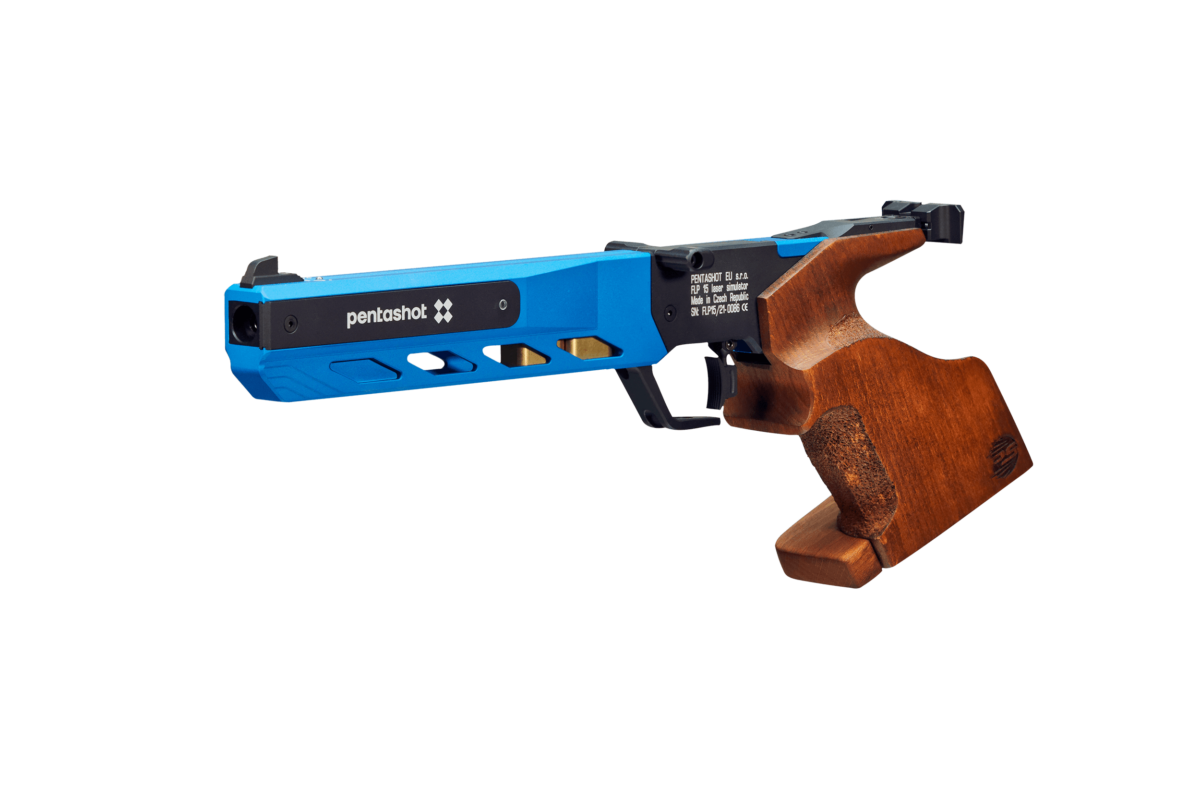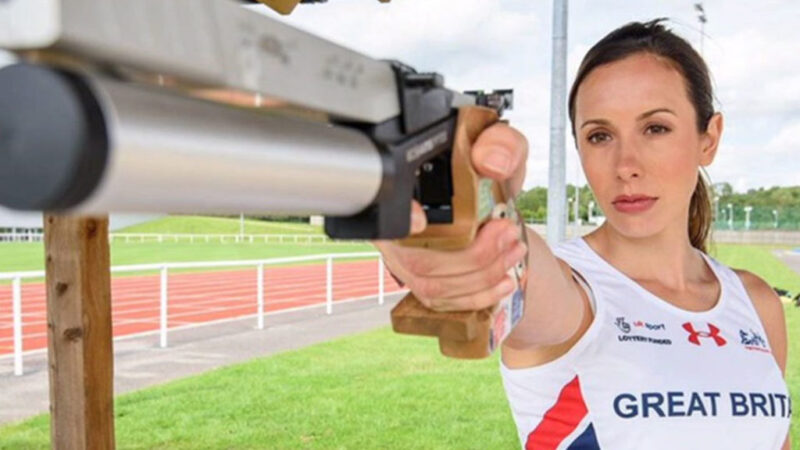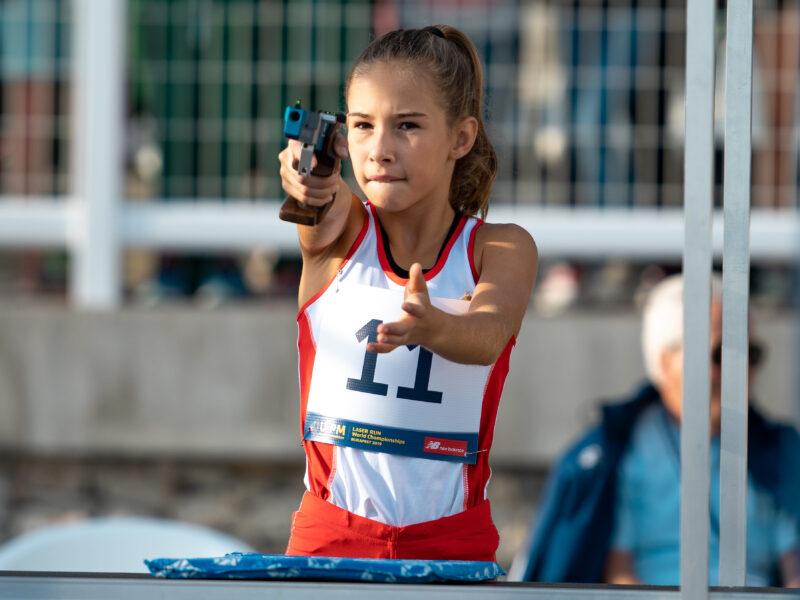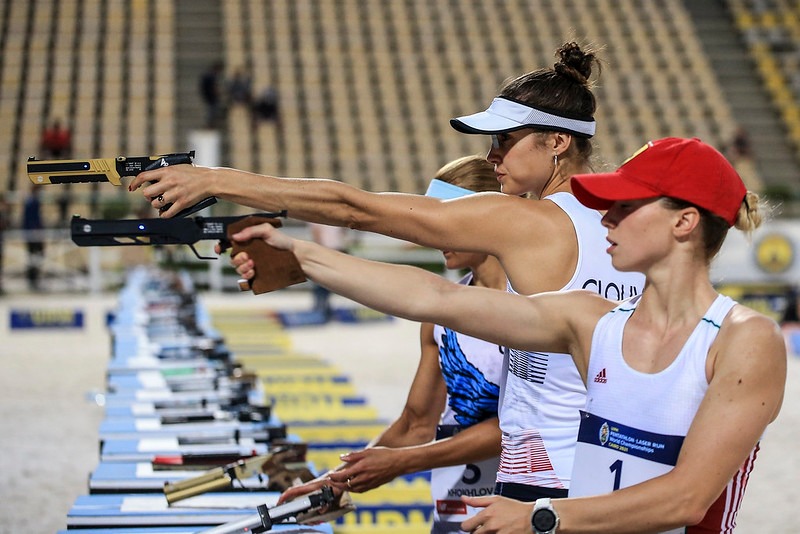Laura Asadauskaitė
About Laura
Laura Asadauskaitė–Zadneprovskienė (born 28 February 1984 in Vilnius) is a Lithuanian modern pentathlete. She won the gold medal at the 2012 Summer Olympics in London and achieved an Olympic record score. Asadauskaitė also competed in three other Olympics, 2008 in Beijing, 2016 in Rio de Janeiro, and in 2021 in Tokyo Olympics in which she was awarded with the silver medal. She has been European and World Champion in pentathlon.
In 2009 Asadauskaitė married modern pentathlete Andrejus Zadneprovskis, a former world champion who won two Olympic medals. The following year she gave birth to a daughter. She is a graduate of Mykolas Romeris University, majoring in Administration and European Union Policy.
Basic details
| Country | Lithuania |
| Gender | Woman |
| Age | 28 |
| Primary sport | Modern pentathlon |
| Pentashot gear used | FLP 15 |

Major achievements
UIPM Global Laser Run City Tour
Laser run, senior B/T
2014 Székesfehérvár
European Championships
2013 Kaoshiung
World Championships
UIPM Global Laser Run City Tour
Laser run, senior B/T
UIPM Global Laser Run City Tour
Laser run, senior B/T
Interview with Laura
Q: How did it feel in 2019 when you earned a qualification place for the Tokyo Olympics at the European Championships?
A: The plan was to win a ticket at the European Championships, so the result was not unexpected. However, I was still both surprised and happy.
Q: Did you watch the Rio 2016 Olympic Games on TV? What were you thinking?
A: Yes, I watched. It was my dream to participate in a second Olympics. However, I knew full well that I would come back after giving birth and do my best to be even stronger.
Q: You finished 12th at the London 2012 Olympic Games. What are your memories of that competition?
A: Memories are very vague … I only remember certain moments of a few seconds from each discipline. I don’t remember the Swimming, the look of the pool or how I swam … but I remember the fans, who were so loud from the tribune that we couldn’t talk to Laura before the Laser Run started. Sounds weird, but it feels like I was in a dream.
Q: And what positive things have you seen?
A: I spent more time with my family. I also had the opportunity to read more books, do the work I planned to do after the Olympics.
Q: When, and why, did you take up the Modern Pentathlon?
A: I attended swimming workouts but couldn’t fully realise my potential. In 2007 after finishing my Swimming career, I agreed to participate in the Lithuanian Modern Pentathlon competition. I was very scared of the running, but after the first successful race I agreed to come to a few more workouts. That’s how I stayed in this sport!


